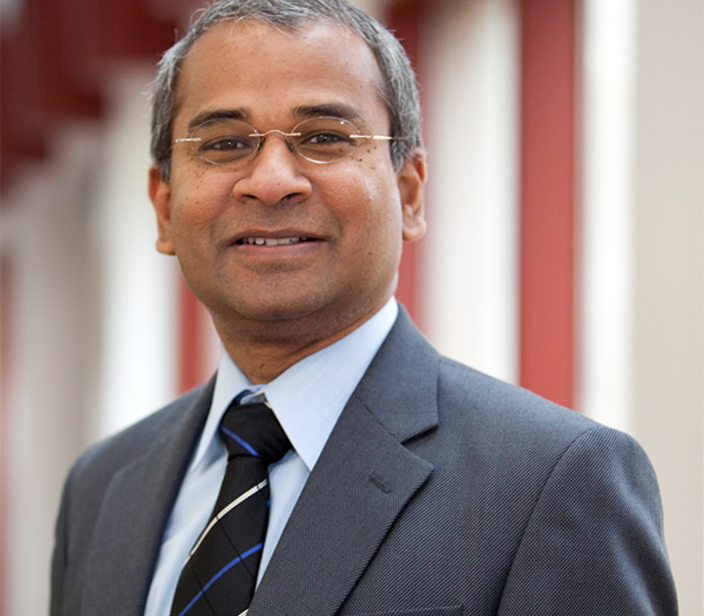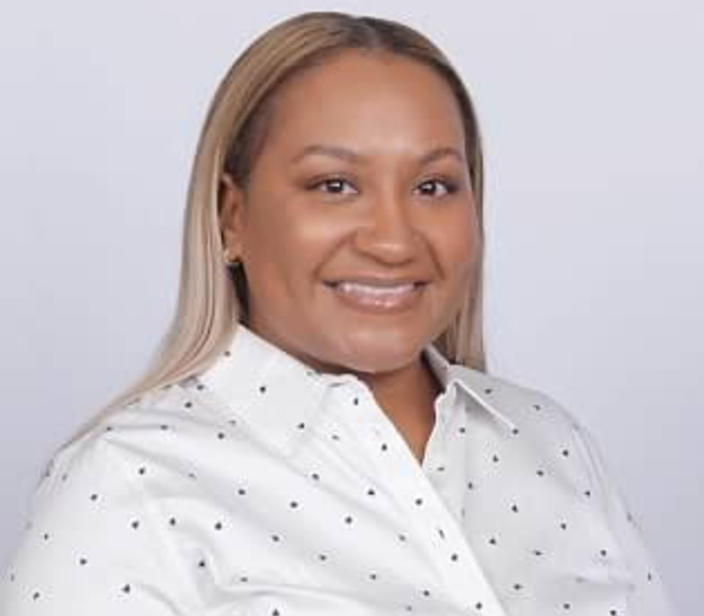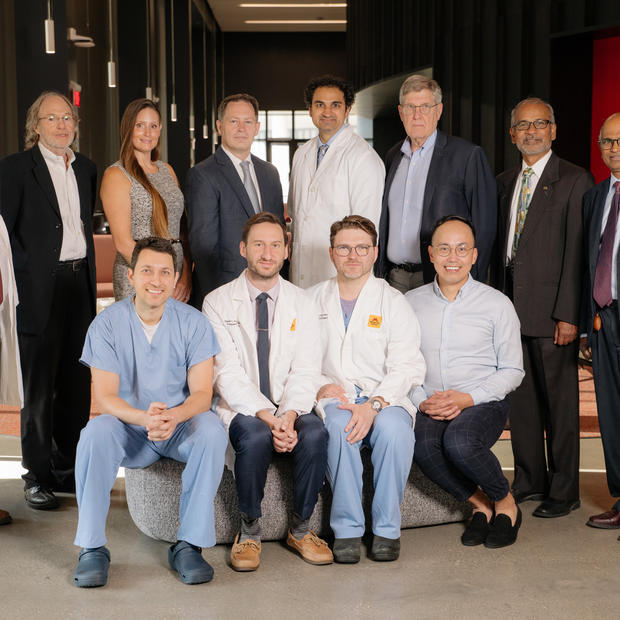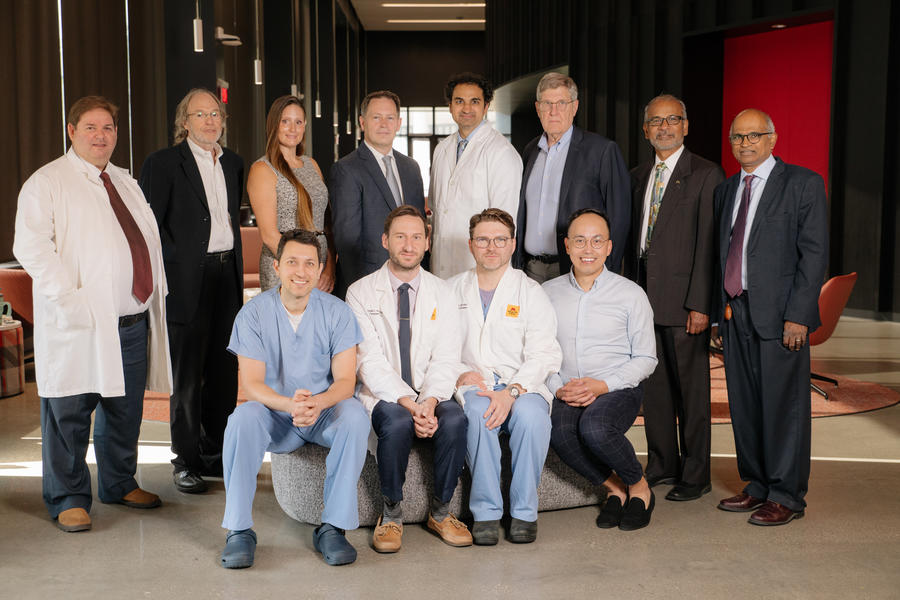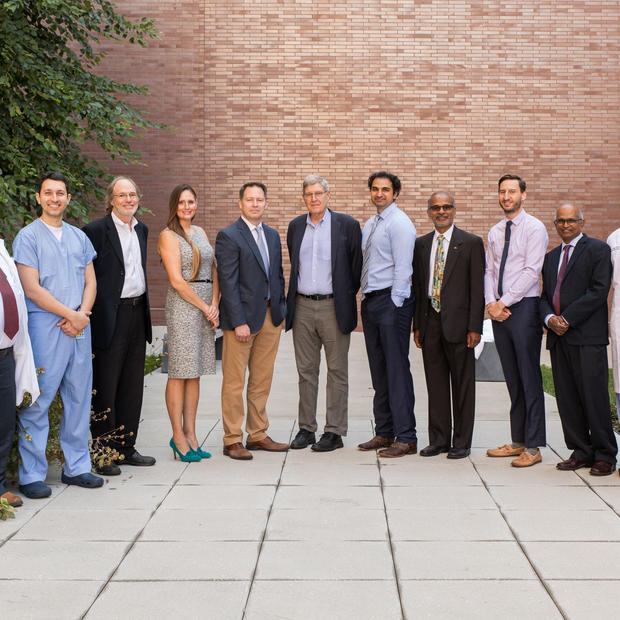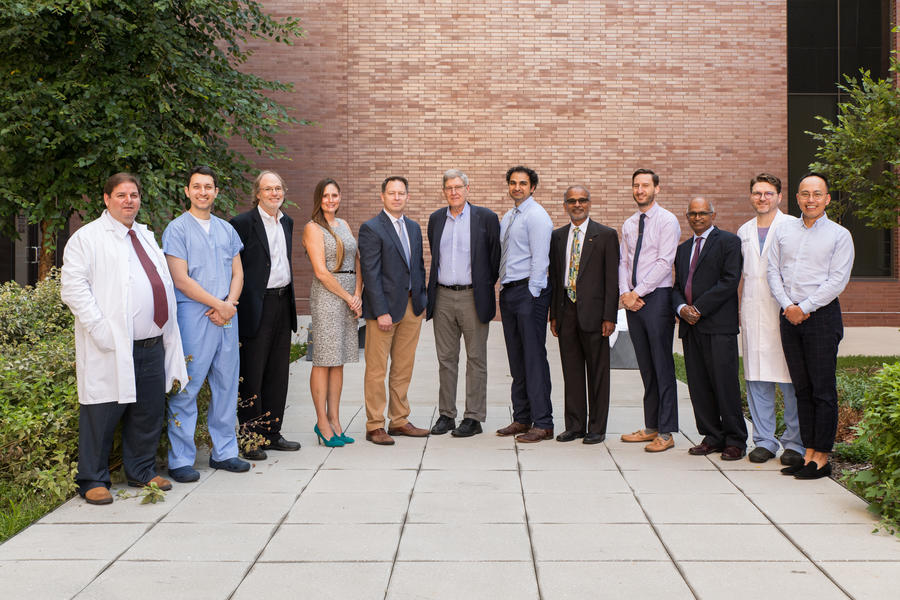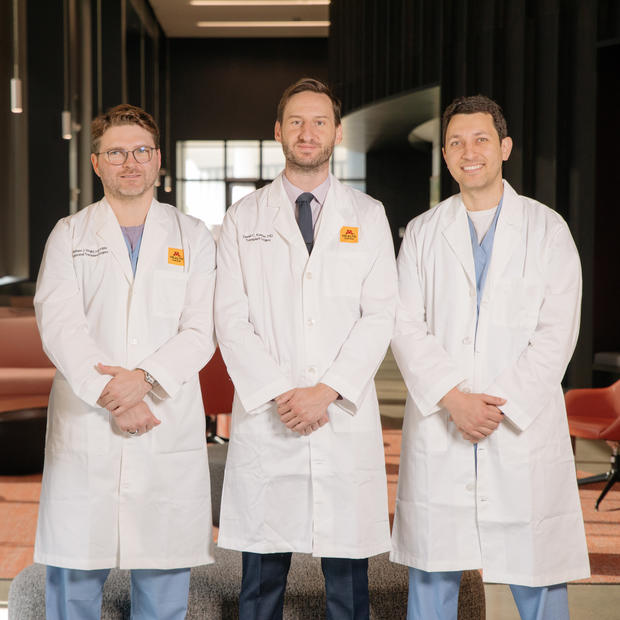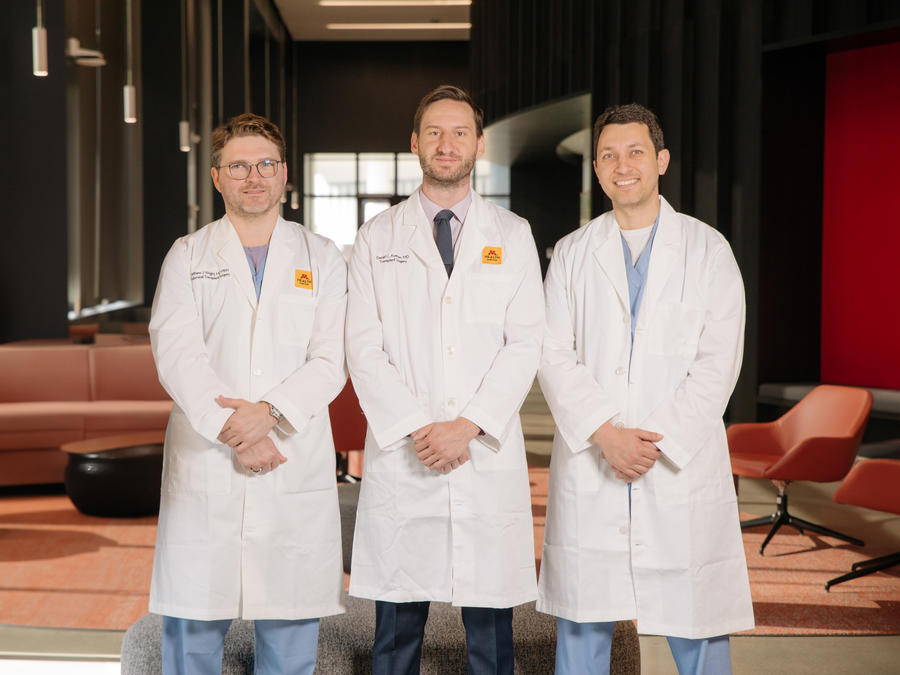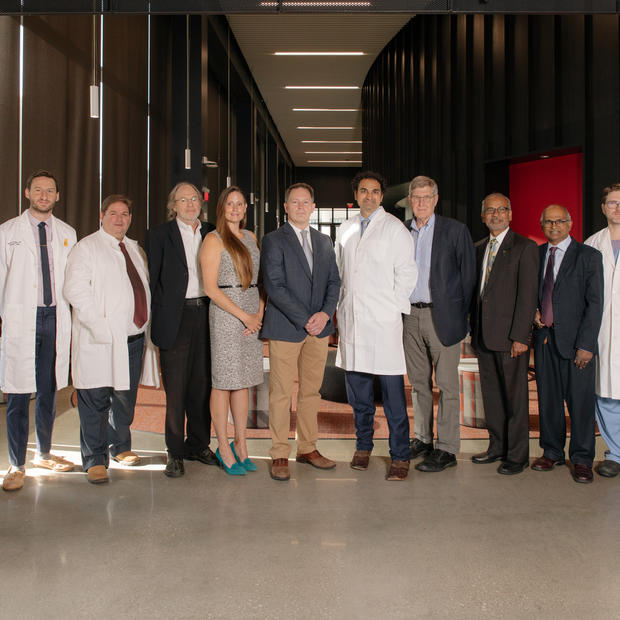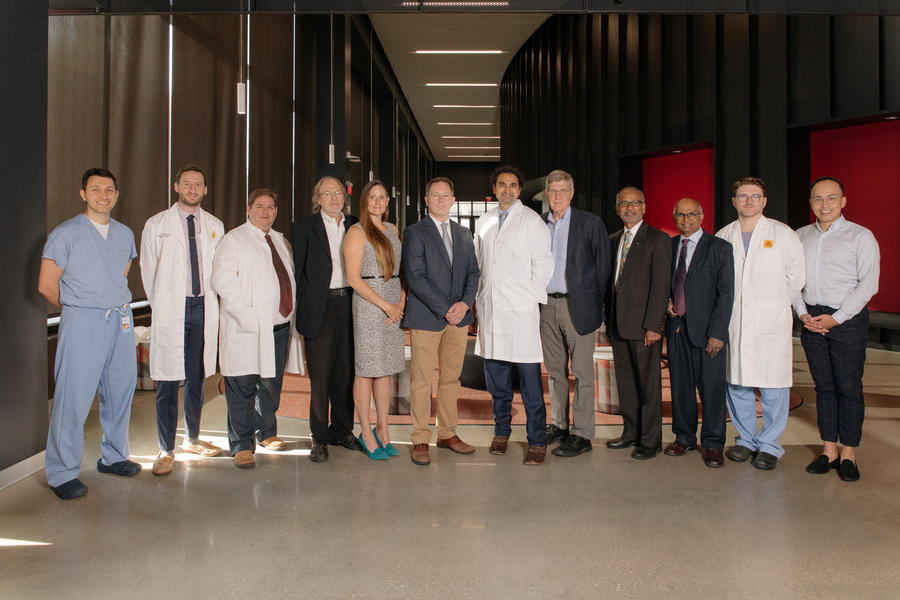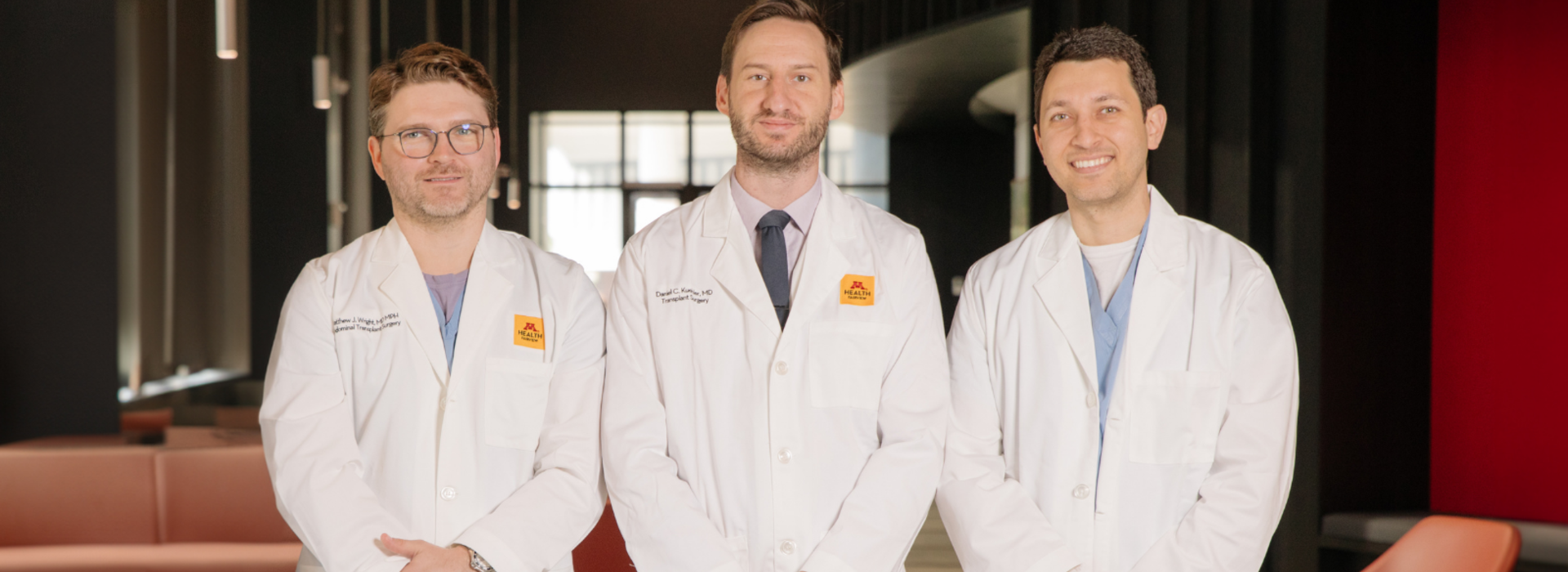
Abdominal Transplantation Fellowship
Current Fellows
First Year
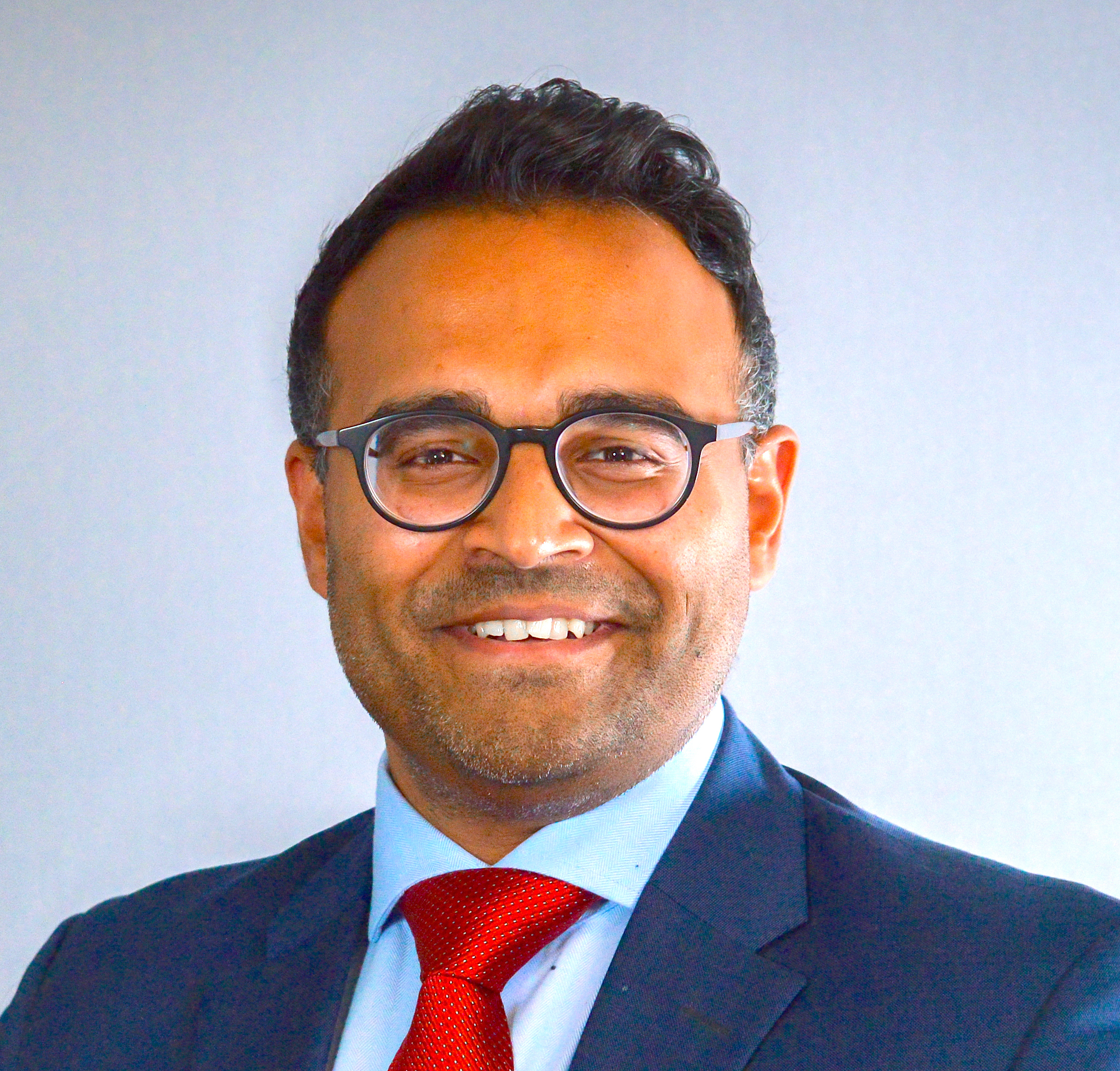
David (Dave) Mathews, MD, PhD
Dave grew up in Atlanta, Georgia, where he attended Emory College and achieved a merit based Dean's Scholarship, majoring in biology and minoring in philosophy. After a year in Madison, Wisconsin working for Epic Systems, Dave returned to Emory for a combined MD/PhD program, where he studied basic and translational T cell immunology within the Emory Transplant Center under the supervision of Dr. Andrew Adams. During graduate schoole Dave met and married his wonderful wife Kate. He then continued on at Emory for General Surgery Residency, before moving to the University of Minnesota for Transplant fellowship. Dave and Kate have a very cute one year old son, Dave Jr, who has already started learning about T cells and working on his own experiments.
"UMN is a historic Transplant Fellowship program, and is the bithplace of great innovation, which is the heart of transplantation. Moreover, the clinical experience and research opportunities are unparalleled. There are very few places in the world that offer this combination of extremely good clinical training with great faculty, and a robust research portfolio."
Research Summary: I am interested in understanding the signals required for T cell activation during allograft rejection, and leveraging a deeper understanding to develop novel therapeutics for transplant success. I am also interestted more broadly in developing new technologies to help improve transplant success, both diagnostic and therapeutics, including imaging, nanotechnology and targeted therapeutics.
Email: mathe880@umn.edu
Second Year
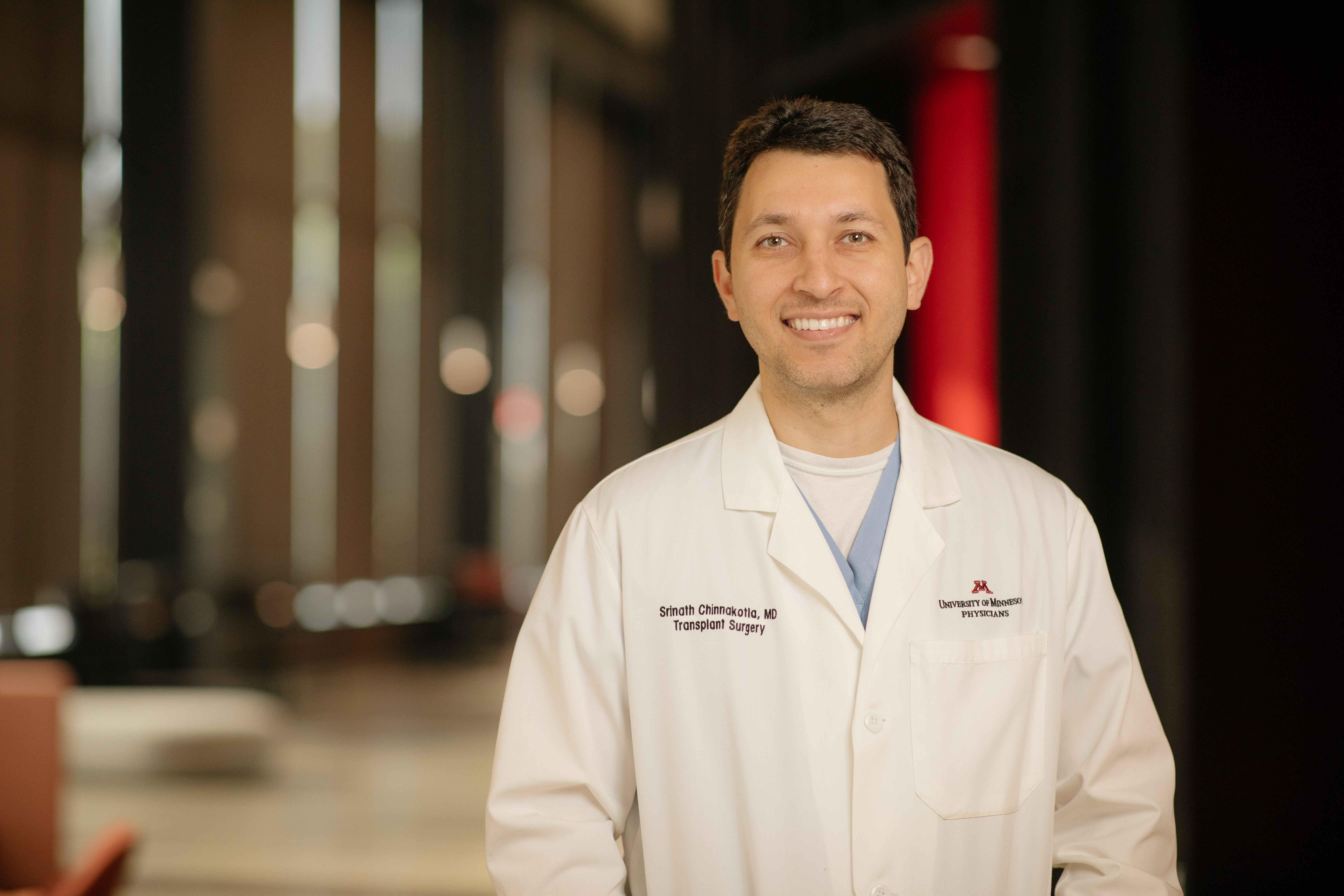
Abraham Matar, MD
Dr. Matar was born and raised in Melbourne, FL. He completed his undergraduate degree in chemistry at Emory University in Atlanta, GA followed by his medical degree at the University of Central Florida. He returned to Emory to complete his general surgery training, during which time he completed a two-year research sabbatical in the Emory Transplant Center investigating co-stimulation blockade and cellular therapies. In his free time, he enjoys spending time with his wife and two daughters. Having spent most of his life in the south, he is not looking forward to the Minnesota winters.
"I chose UMN because the fellows’ experience at UMN is phenomenal and has the perfect mix of early autonomy and learning from leaders in the field of transplantation. Not to mention UMN’s transplant division has a rich history and its fellowship training program is one of the oldest in the country. Most importantly, the staff, nurses, APPs, and entire transplant team are all fantastic to work with!"
Research Summary: Costimulation Blockade, Cellular Therapies, Xenotransplantation
Email: matar033@umn.edu
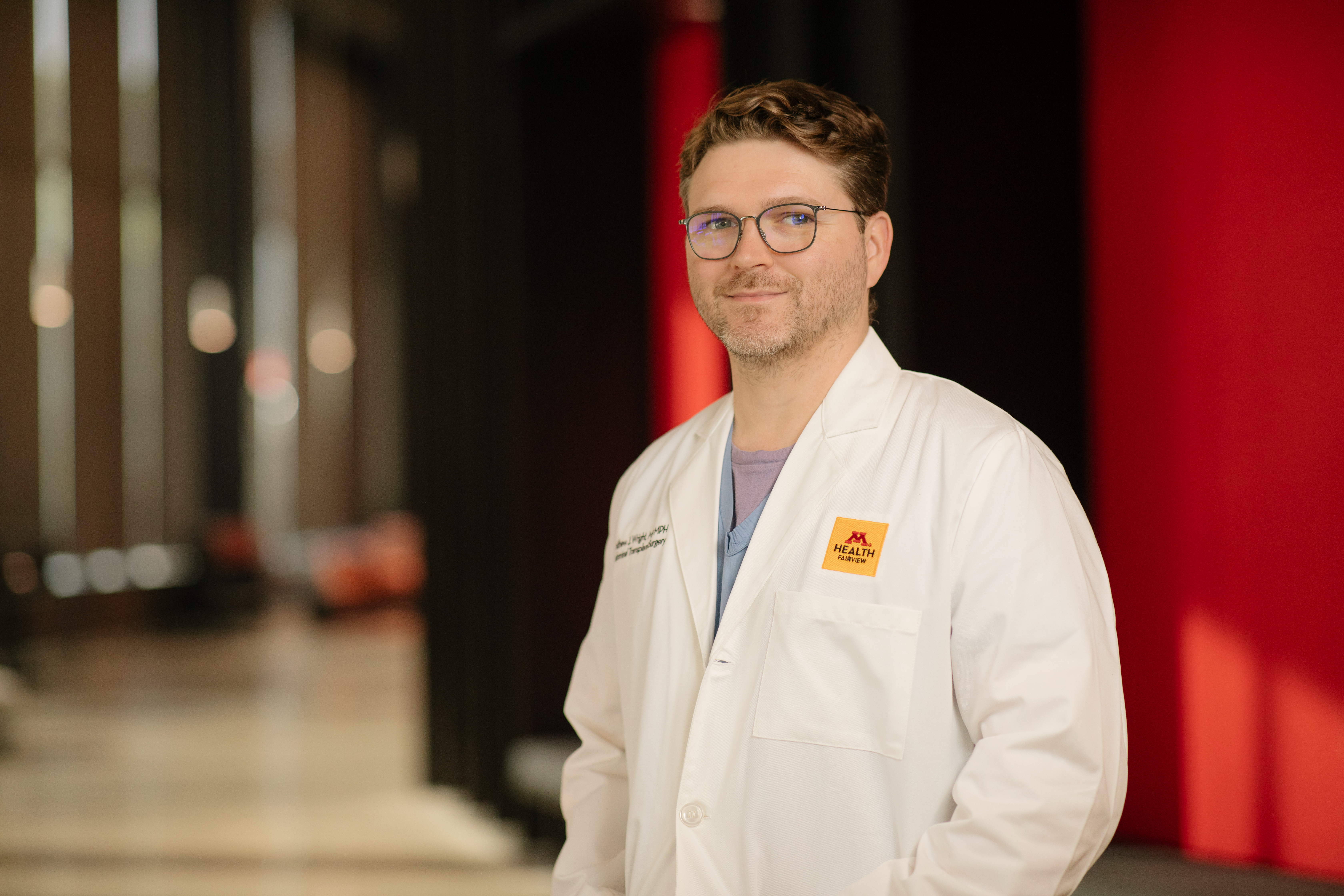
Matthew Wright, MBBS, MPH
Dr. Wright was born and raised in North Carolina and went to school at Campbell University for undergrad, University of Illinois at Chicago for graduate school with a focus on health policy, and University of Queensland for medical school.
"I chose UMN because of the strong history in transplant surgery and the strong history in training transplant surgeons."
Research Summary: Clinical and health services research
Email: wrig1292@umn.edu
The purpose of the Division of Organ Transplantation is to provide outstanding care and to continue developing new techniques that improve organ transplantation results and to train students, residents, and fellows in this vital surgical field.
At the end of a general surgery residency, residents who want to pursue a career in transplantation may apply for a two-year clinical fellowship in transplantation. This fellowship has been the prototype for the development of transplant fellowships throughout the country. Ours was the first officially recognized fellowship to be approved by the American Society of Transplant Surgeons. There is one opening per year for the transplant fellowship program which is July 1st. All positions are filled through a matching program for transplant fellowships. All fellowship candidates must register for the match a year ahead of the actual fellowship start. For additional information, please visit the SF Match.
Prerequisites for the fellowship are completion of five years of a general surgery residency within the United States and American Board of Surgery eligibility. Transplant fellows in our program are appointed to the position of Instructor of Surgery (US citizens and H1b holders). Fellows as Instructors of Surgery are required to obtain a State of Minnesota medical license, DEA, and hospital privileges at University of Minnesota Medical Center, Fairview. Our fellowship program does not participate in the ACGME NST Program and therefore does not accept J1 Visa holders. All applicants are urged to contact the Minnesota Board of Medical Practice to ensure that they meet the qualifications for licensing.
The first six months of the Abdominal Transplant Surgery Fellowship are spent learning the criteria for donor acceptability (cadaver and living donor), the donor operations, and the care of the living donor following surgery. On the remaining rotations, the fellow receives extensive experience in preoperative, perioperative, and postoperative care of kidney recipients, liver recipients, kidney/pancreas recipients, and pancreas and islet-cell recipients.
These four 6-month rotations fulfill the requirements for membership in the American Society of Transplant Surgeons. Our program meets the criteria for formal training for transplant surgeons in kidney, liver, pancreas, heart, heart-lung, and lung transplantation—as required by the United Network for Organ Sharing (UNOS), of which we are an approved institutional member.
Finally, there are many opportunities for clinical and laboratory research. Our fellows are encouraged to participate in the ongoing research and to submit both abstracts (for presentation at national meetings) and publications.
How to Apply
During recruitment, the Abdominal Transplant Fellowship Program utilizes the SF Match application service. Please follow the SF Match application instructions that are located on the SF Match Website.
The program start date is July 1.
Verification of Training
Requests to verify an Abdominal Transplantation fellow's training at the University of Minnesota need to be emailed to jacks589@umn.edu or faxed to the attention of Verification Processing at 612-625-4411. For verification of subspecialty training, please contact the subspecialty directly.
To verify professional liability insurance information for a former UMN resident or fellow, find instructions on the Medical Malpractice Credentialing/Insurance Verification site.
